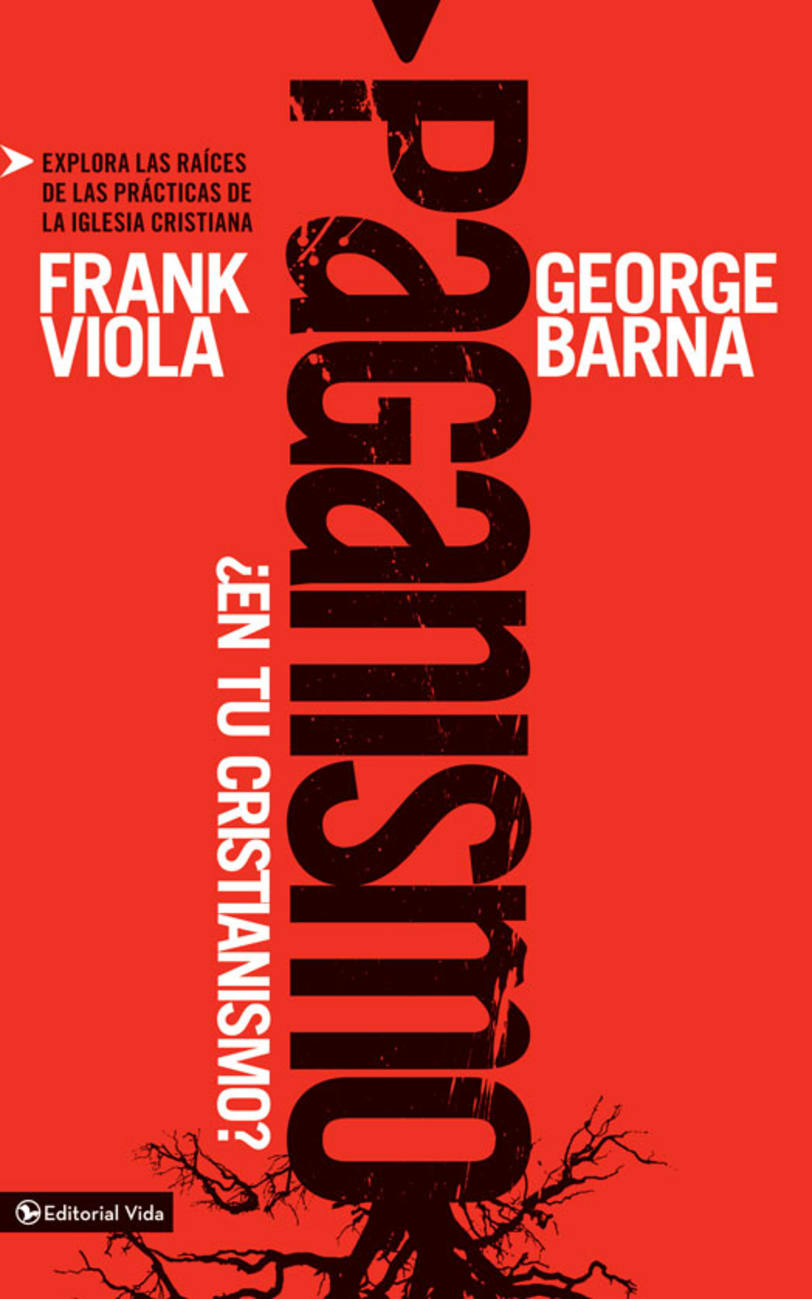



What is so very sad at this present time in the house church movement (otherwise known as the organic church movement or simple church movement) of our day is that many leave the existing denominations and structures in search of a more spiritual natural way of “doing” Church only to end up in a quack mire worse than what they left. I once met a very elderly lady who was saved in one of these house meetings through the influence of my great grandmother. Even in my great-grandmothers day, who was a staunch Presbyterian, the fellowship of believers in the home was vital and effectual in spiritual life to the local church. For those well read in church history it is well known that the home has frequently been the residence of the church in a variety of movements in different countries and generations. Please note that I am not against the practice of gathering in homes, or of challenging anything that is contrary to Scripture.Īlthough many think the resurgence in house-churches is a new thing, lost in the 4 thcentury but rediscovered in the late 20 thcentury, this is far from true. Pagan Christianity, a Review and a Response by Keith MalcomsonĪ response in articles to the teachings of Gene Edwards, Frank Viola, George Barna, the House Church Movement, the Organic Church Movement and the Simple Church Movement – and such like. Malcomson has some very valuable and scriptural insights we would like to pass on to our readers because Pagan Christianity has unfortunately influenced many many Christians. As you reconsider Christ's revolutionary plan for his church-to be the head of a fully functioning body in which all believers play an active role-you'll be challenged to decide whether you can ever do church the same way again.LTRP Note: After reading our book review of Pagan Christianityby Frank Viola and George Barna, Keith Malcomson of Ireland wrote to us, sharing his own research and writing regarding Pagan Christianity. In the process, the authors uncover the problems that emerge when the church functions more like a business organization than the living organism it was created to be. Coauthors Frank Viola and George Barna support their thesis with compelling historical evidence and extensive footnotes that document the origins of modern Christian church practices. Have you ever wondered why we Christians do what we do for church every Sunday morning? Why do we “dress up” for church? Why does the pastor preach a sermon each week? Why do we have pews, steeples, and choirs? This ground-breaking book, now in affordable softcover, makes an unsettling proposal: most of what Christians do in present-day churches is rooted, not in the New Testament, but in pagan culture and rituals developed long after the death of the apostles.


 0 kommentar(er)
0 kommentar(er)
